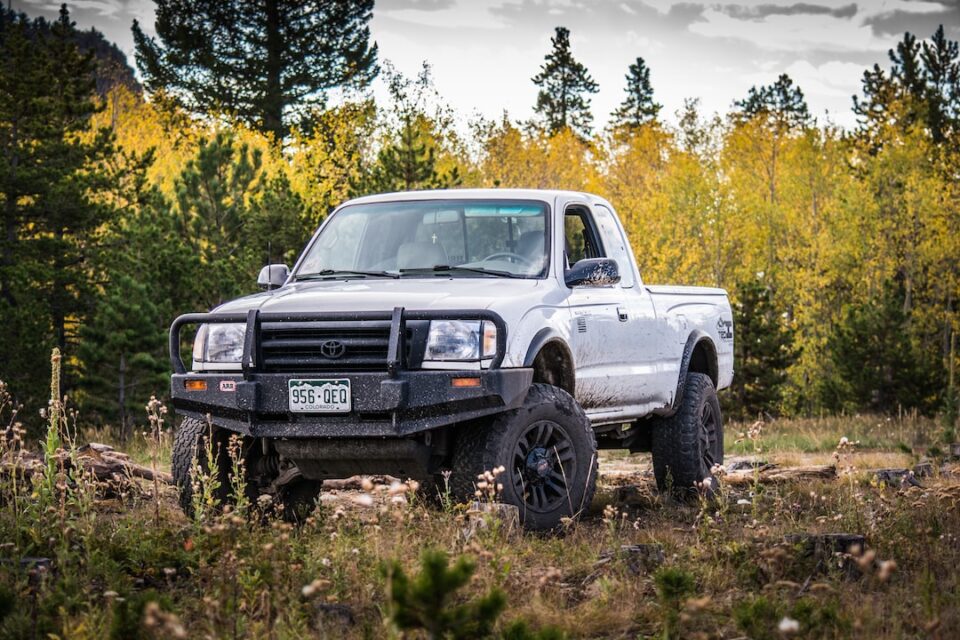Car Safety for Children: Choosing the Right Car Seats and Boosters
When it comes to the safety of our children, no precaution is too much. One of the most important aspects of ensuring their safety while traveling by car is choosing the right car seat or booster for their age, weight, and height. In this blog post, we will discuss the different types of car seats and boosters available, along with guidelines for selecting the right one for your child.
1. Infant Car Seats:
Infant car seats are rear-facing and are designed for newborns and infants up to 35 pounds or until they reach the maximum height limit. These seats provide crucial support to a baby’s neck and spine during sudden stops or crashes. They usually come with a carrying handle and can be attached to a compatible stroller, making it more convenient for parents to move their sleeping baby from the car to the stroller without disturbing their rest.
2. Convertible Car Seats:
Convertible car seats can be used in both rear-facing and forward-facing positions, making them suitable for infants as well as toddlers. They can accommodate children from birth up to 40 to 65 pounds, depending on the model. It is recommended to start with a rear-facing position for as long as possible to provide maximum protection to the child’s head, neck, and spine. Once the child outgrows the height or weight limit for rear-facing, the seat can be converted to a forward-facing position.
3. All-in-One Car Seats:
All-in-one car seats are designed to grow with your child and can be used from birth until they no longer require a booster seat. These seats can be adjusted to rear-facing for infants, forward-facing for toddlers, and eventually transformed into a belt-positioning booster for older children. While they offer convenience, it’s essential to check the height and weight limits to ensure they meet the requirements for each stage.
4. Booster Seats:
Booster seats are designed for children who have outgrown their car seats but are not yet ready to use the vehicle’s seat belt alone. These seats help elevate the child’s seating position, ensuring that the seat belt properly fits across their lap and shoulder. There are two types of booster seats: high-back boosters and backless boosters. High-back boosters provide head and neck support, while backless boosters offer portability and are suitable for older children. Booster seats should be used until the child is at least 4 feet 9 inches tall and can sit against the vehicle seat with their knees bent at the edge of the seat.
Guidelines for Choosing the Right Car Seat or Booster:
1. Age and weight: Refer to the manufacturer’s guidelines to determine the appropriate car seat or booster for your child’s age and weight. Never transition to the next stage prematurely, as it may compromise the child’s safety.
2. Height and fit: Ensure that the car seat or booster is suitable for your child’s height and provides a proper fit. The seat belt should be positioned correctly over their lap and shoulder.
3. Installation method: Opt for car seats or boosters that are easy to install with your vehicle’s seat belt or latch system. Proper installation is crucial for the seat’s effectiveness in protecting your child.
4. Safety ratings and certifications: Look for car seats that have been rigorously tested and approved by safety organizations such as the National Highway Traffic Safety Administration (NHTSA) or Juvenile Products Manufacturers Association (JPMA).
Additional Safety Tips:
1. Avoid using second-hand car seats unless you know its complete history and can ensure it has not expired or been involved in an accident.
2. Register your car seat with the manufacturer to receive any recall notifications.
3. Keep your child in a rear-facing position for as long as possible, preferably until they reach the seat’s maximum height or weight limit.
4. Always secure your child in the car seat or booster, and never leave them unattended while in the vehicle.
In conclusion, choosing the right car seat or booster for your child is a crucial step in ensuring their safety while traveling by car. By following the recommended guidelines and considering factors such as age, weight, and height, you can make an informed decision for your child’s protection. Remember, investing in a quality car seat is an investment in your child’s safety and well-being.


